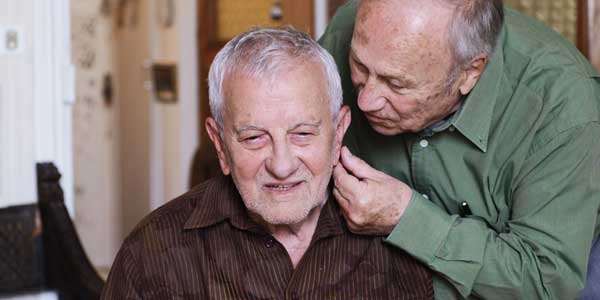
Director: Sebastien Lifshitz
Running Time: 115 mins
Certificate: 15
Release Date: July 12th 2013
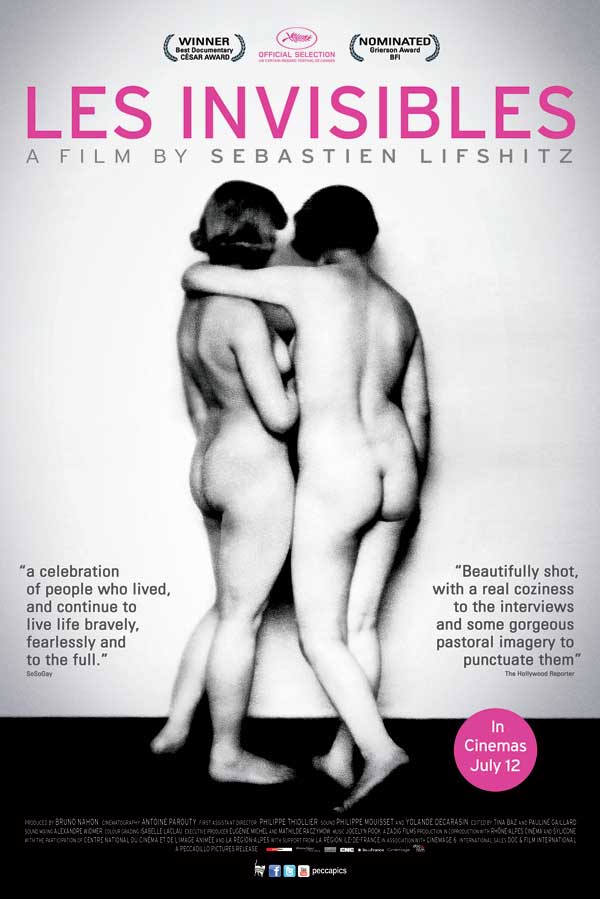
Les Invisibles is an award winning French documentary about 11 gay men and women living in France, whose common link is their homosexuality and advancing ages. Each of the subjects talks about their experiences of being gay in less hospitable times, when anything homosexual was normally met with disdain, mistrust and violence. The film is basically an insight into their life journeys, and how society’s attitudes and the political landscape have changed.
The film is somewhat structured in its approach – starting with the birth of a parrot, helped out of its shell by gay male couple Yann and Pierre (perhaps an analogy to coming out of the closet), to the final scenes where the gay elders talk about their current life roles. Some of the people the documentary follows are now happy in their lives with fulfilling relationships, while others are slightly bitter at being single and alone in their twilight years. For example, one lived her youth as a ‘seducer’ (the slightly mad Monique), and is now dealing with the consequences of this lifestyle, as she’s in her 50s and less attractive to others.
The documentary itself is interesting, engaging and educational, but it sort of drifts towards an unfulfilling conclusion. The common thread here is the homosexuality and age, but other than that each character is extremely different. That said, the film suggests that gay people are still stereotypes, despite years of progress.
The four lesbians featured were very political in their formative years, pushing the rights of women and sexuality, whilst the men sort of just got on with life, trying to live normal lives with their friends or partners. The most engaging characters are Pierrot, a gay goat farmer living in rural France, who loves everybody and has a remarkable ‘joie de vivre’ approach to life, as well as Bernard and Jacques, a dithering elderly couple.
One of the more complex characters is Monique – the seducer – who fought hard for women’s rights and homosexuality, but who refused to be accepted by her partner’s family when invited for dinner. Although a pioneer in her own mind, she still had respect for her own family and their attitudes, as they would not allow such an event to happen – very strange.
What did I learn? Not a great deal, to be honest. Yes, society is more accepting and stereotypes are still rife in the big gay rainbow world we live in. And it’s certainly worth remembering that people are gay throughout their lives, not just when they’re young.
However, my main issue with the documentary itself is that it tends to focus too much on the political activities in the middle of the film. It’s interesting, but I personally think the film itself would have had more impact if it concentrated more on the personal stories of the 11 subjects, such as how they were treated by peers, society, family and colleagues and most importantly how they felt. Were they proud? Were they ashamed? Did they try and hide their homosexuality until a more moderate society surfaced? I think the film could have delivered a stronger message by doing so. Instead it plays out almost as two slightly unsatisfactory documentaries that try to do two different things but never fully succeed at either.
Reviewer: Stephen Sclater


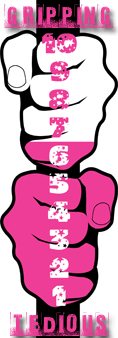
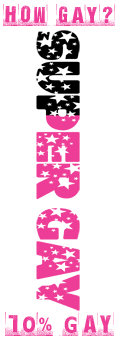
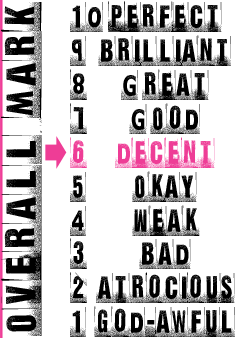
Leave a Reply (if comment does not appear immediately, it may have been held for moderation)